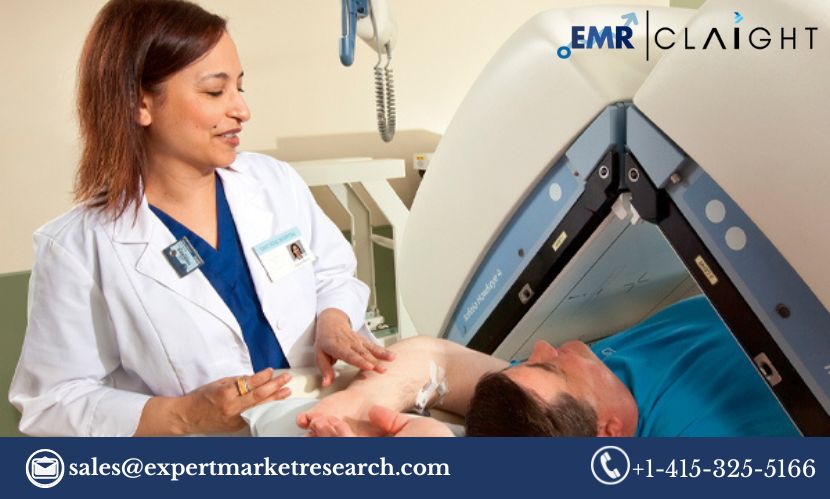Vein clinics offer a range of services aimed at diagnosing and treating various vein-related conditions. From spider veins to deep vein thrombosis, these clinics specialize in addressing issues related to the circulatory system. But what exactly do vein clinics do, and how can they benefit those suffering from vein disorders? Let’s delve into the advantages of what does a vein clinic do and explore their role in promoting vascular health.
Comprehensive Evaluation and Diagnosis
One of the primary advantages of vein clinics is their ability to provide comprehensive evaluations and accurate diagnoses of vein conditions. Through advanced imaging techniques such as ultrasound, vein specialists can assess the health of the veins and identify any abnormalities or concerns. Whether it’s varicose veins, venous insufficiency, or other vascular issues, a vein clinic can pinpoint the root cause of the problem, enabling tailored treatment plans.
Specialized Treatment Options
Vein clinics offer a wide array of specialized treatment options tailored to each patient’s unique needs. These may include minimally invasive procedures such as sclerotherapy, endovenous laser treatment (EVLT), or radiofrequency ablation (RFA). By employing these advanced techniques, vein specialists can effectively address vein disorders with minimal discomfort and downtime for the patient. Moreover, these treatments are often performed on an outpatient basis, allowing individuals to resume their daily activities shortly after.
Management of Symptoms
Individuals suffering from vein conditions often experience bothersome symptoms such as pain, swelling, and discomfort. Vein clinics focus on managing these symptoms to improve patients’ overall quality of life. Whether it’s providing compression therapy, recommending lifestyle modifications, or prescribing medication, vein specialists work closely with patients to alleviate discomfort and prevent symptom progression. By addressing symptoms early on, vein clinics help prevent further complications and promote better vascular health.
Prevention and Education
Another essential aspect of vein clinics is their emphasis on prevention and patient education. Vein specialists educate patients about risk factors associated with vein disorders, such as obesity, prolonged sitting or standing, and genetics. By raising awareness and promoting healthy lifestyle habits, vein clinics empower individuals to take proactive steps in preventing vein-related issues. Additionally, vein specialists provide guidance on proper leg care, including the importance of regular exercise, elevation, and wearing compression stockings.
Continued Monitoring and Follow-Up
After undergoing treatment for a vein condition, patients require continued monitoring and follow-up care to ensure optimal outcomes. Vein clinics offer ongoing support and follow-up appointments to track patients’ progress and address any concerns that may arise. Through regular check-ups and imaging studies, vein specialists can monitor the effectiveness of treatment interventions and make adjustments as needed. This personalized approach to care fosters long-term relationships between patients and their vein specialists, promoting continuity of care and sustained vascular health.
Collaborative Approach to Care
Vein clinics often adopt a multidisciplinary approach to care, collaborating with other healthcare professionals to address complex vein conditions comprehensively. This may involve working closely with vascular surgeons, cardiologists, or other specialists to develop integrated treatment plans tailored to each patient’s needs. By leveraging the expertise of various healthcare professionals, vein clinics ensure that patients receive comprehensive care that addresses all aspects of their vascular health.
Conclusion
In conclusion, vein clinics play a crucial role in diagnosing, treating, and managing vein disorders, offering a range of specialized services aimed at promoting vascular health. From comprehensive evaluations to specialized treatments and ongoing support, these clinics provide patients with the tools and resources they need to overcome vein-related issues and improve their quality of life. By focusing on prevention, education, and collaborative care, vein clinics empower individuals to take control of their vascular health and live healthier, more active lives.



